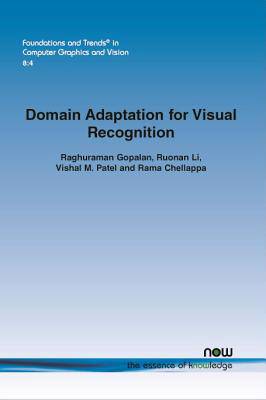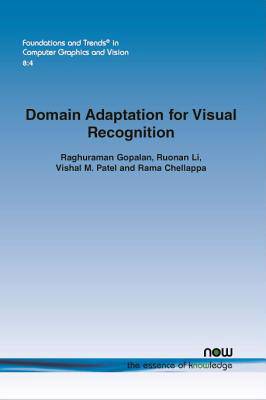
- Afhalen na 1 uur in een winkel met voorraad
- Gratis thuislevering in België vanaf € 30
- Ruim aanbod met 7 miljoen producten
- Afhalen na 1 uur in een winkel met voorraad
- Gratis thuislevering in België vanaf € 30
- Ruim aanbod met 7 miljoen producten
Zoeken
Domain Adaptation for Visual Recognition
Raghuraman Gopalan, Ruonan Li, Vishal M. Patel, Rama Chellappa
€ 68,45
+ 136 punten
Omschrijving
Provides a comprehensive overview of domain adaptation solutions for visual recognition problems. By starting with the problem description and illustrations, it discusses three adaptation scenarios - unsupervised adaptation, semi-supervised adaptation, and multi-domain heterogeneous adaptation.
Specificaties
Betrokkenen
- Auteur(s):
- Uitgeverij:
Inhoud
- Aantal bladzijden:
- 110
- Reeks:
Eigenschappen
- Productcode (EAN):
- 9781680830309
- Verschijningsdatum:
- 11/03/2015
- Uitvoering:
- Paperback
- Afmetingen:
- 156 mm x 234 mm
- Gewicht:
- 167 g

Alleen bij Standaard Boekhandel
+ 136 punten op je klantenkaart van Standaard Boekhandel
Beoordelingen
We publiceren alleen reviews die voldoen aan de voorwaarden voor reviews. Bekijk onze voorwaarden voor reviews.








